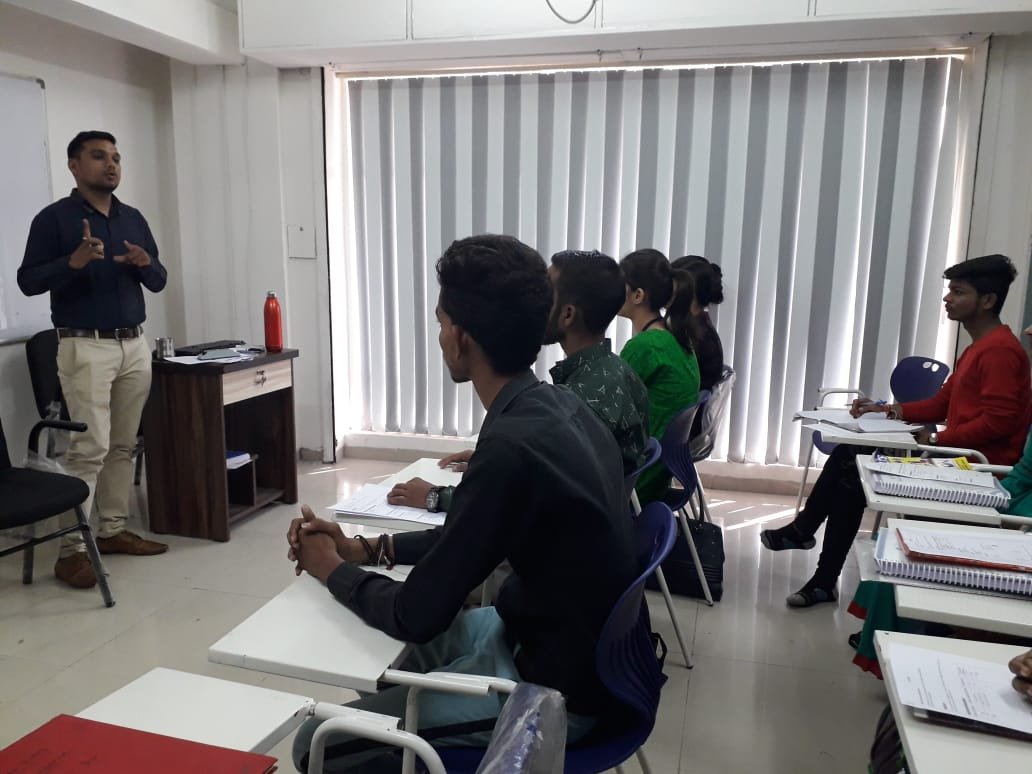The International Labour Organization (ILO)celebrated its 100th anniversary in 2019.
- It is the only Tripartite U.N. agency. It brings together governments, employers and workers of 187 member States, to set labour standards, develop policies and devise programmes promoting decent work for all women and men.
History of the ILO:
- Established in 1919 by the Treaty of Versailles as an affiliated agency of the League of Nations
- Became the first affiliated specialized agency of the United Nations in 1946
- Headquarters: Geneva, Switzerland
- Founding Mission: social justice is essential to universal and lasting peace
- Promotes internationally recognized human and labour rights
- The victory over apartheid in South Africa
- Today it is providing substantial support in the building of an ethical and productive framework for a fair globalization
Note:
The basis of the ILO is the tripartite principle, i.e. the negotiations within the organization are held between the representatives of governments, trade unions, and member-states’ employers.
Structure of ILO
The ILO accomplishes its work through three main bodies which comprise governments, employers, and workers representatives:
- International Labour Conference: it sets the International labour standards and the broad policies of the ILO. It meets annually in Geneva. It is often referred to as an International Parliament of Labour
- It is also a forum for discussion of key social and labour questions
Governing Body: it is the executive council of the ILO. It meets three times a year in Geneva
- It takes policy decisions of ILO and establishes the programme and the budget, which it then submits to the Conference for adoption
- The work of the Governing Body and the Office is aided by tripartite committees covering major industries
- It is also supported by committees of experts on such matters as vocational training, management development, occupational safety and health, industrial relations, workers’ education, and special problems of women and young workers
International Labour Office: it is the permanent secretariat of the International Labour Organization
- It is the focal point for ILO’s overall activities, which it prepares under the scrutiny of the Governing Body and under the leadership of the Director-General
- Regional meetings of the ILO member States are held periodically to examine matters of special interest to the regions concerned
The Functions of the ILO:
- Creation of coordinated policies and programs, directed at solving social and labour issues
- Adoption of international labour standards in the form of conventions and recommendations and control over their implementation
- Assistance to member-states in solving social and labour problems
- Human rights protection (the right to work, freedom of association, collective negotiations, protection against forced labour, protection against discrimination, etc.)
- Research and publication of works on social and labour issues
A universal labour guarantee that protects the fundamental rights of workers’, an adequate living wage, limits on hours of work and safe and healthy workplaces
Guaranteed social protection from birth to old age that supports people’s needs over the life cycle
A universal entitlement to lifelong learning that enables people to skill, reskill and upskill
Managing technological change to boost decent work, including an international governance system for digital labour platforms
Greater investments in the care, green and rural economies
A transformative and measurable agenda for gender equality
Reshaping business incentives to encourage long-term investments
Shivam Jha
HR Ignite
(Industrial relation Advisor and professional)
HR Ignite Services:-

- HR Generalist Practical Training- Online | Classroom
- HR Labour Law Practical Training with Case Studies – Online | Classroom
- Free HR Job Portal for HR Hiring | HR Vacancy
- Advance Excel Course- Online | Classroom

INQUIRY FORM:

Click on the link to Join Our WhatsApp Groups for HR-IR Knowledge & Job updates:

